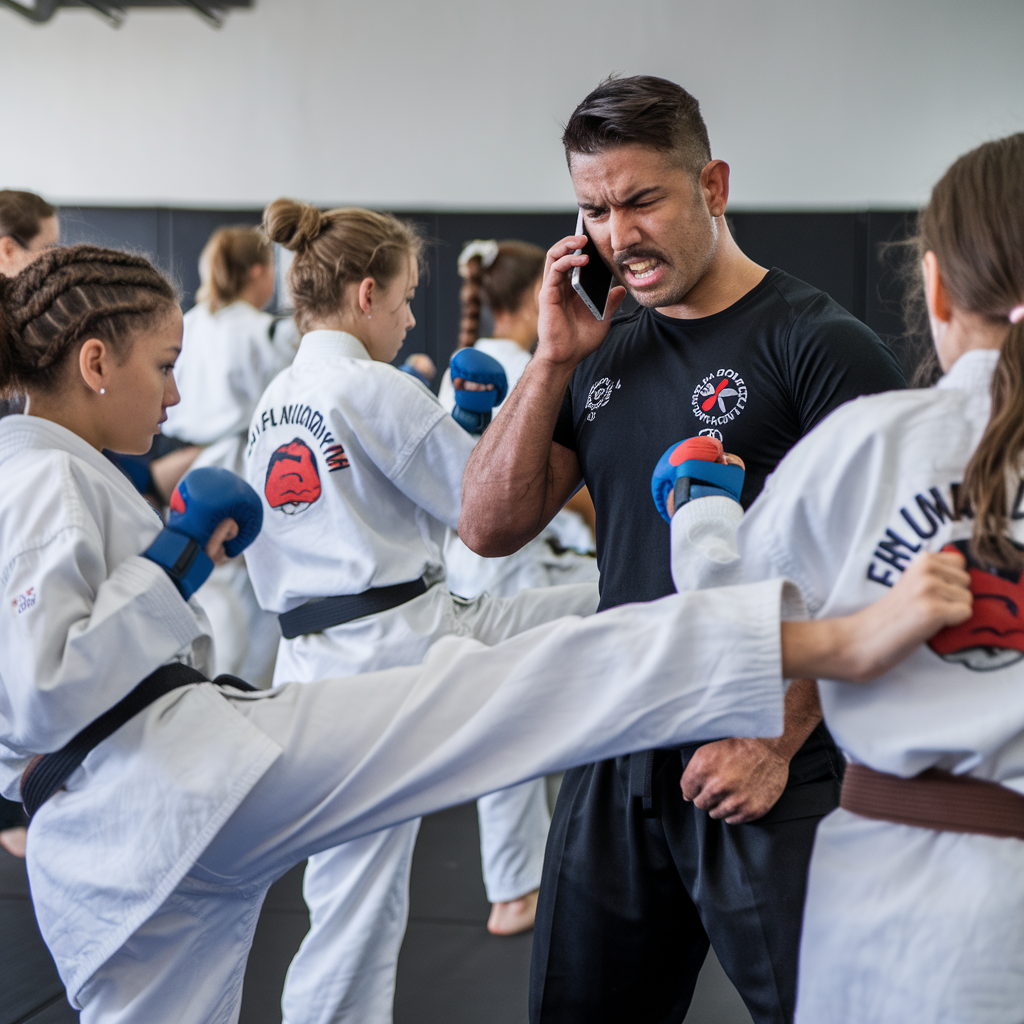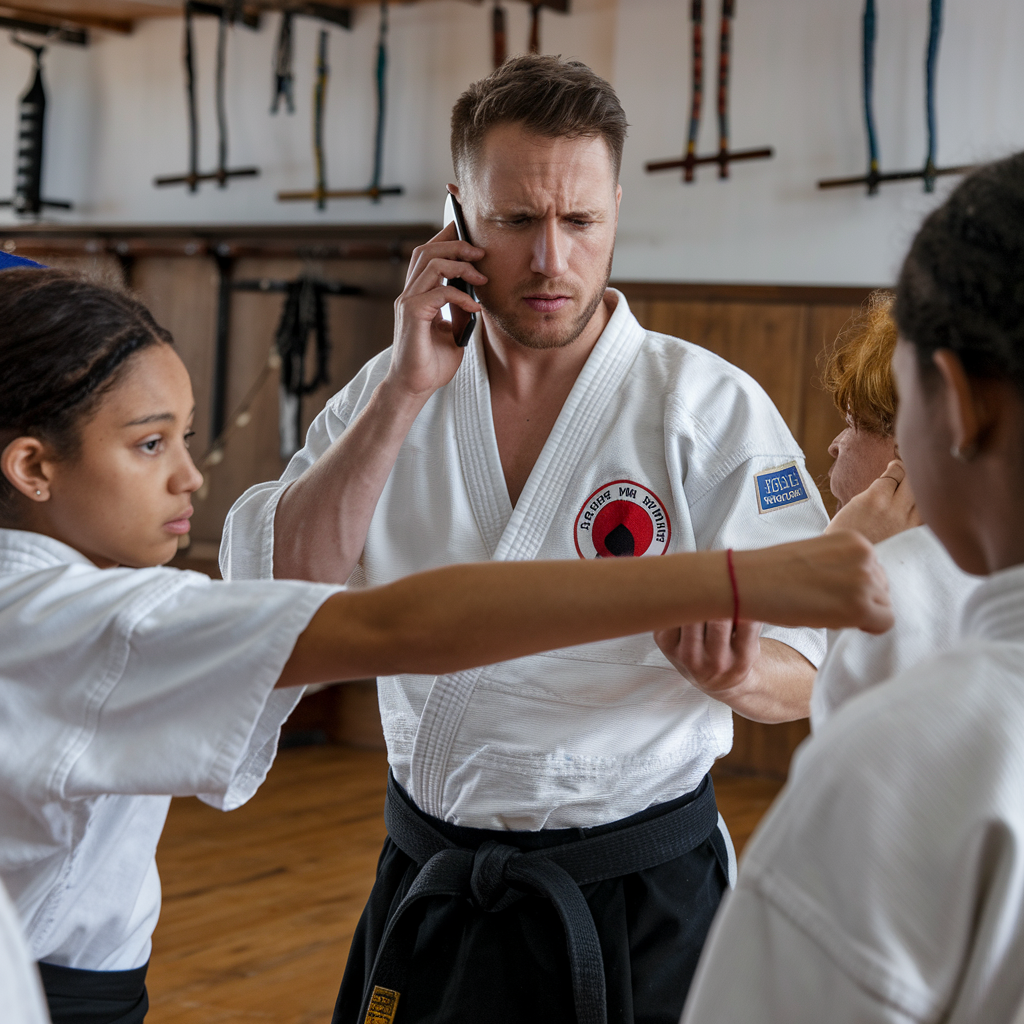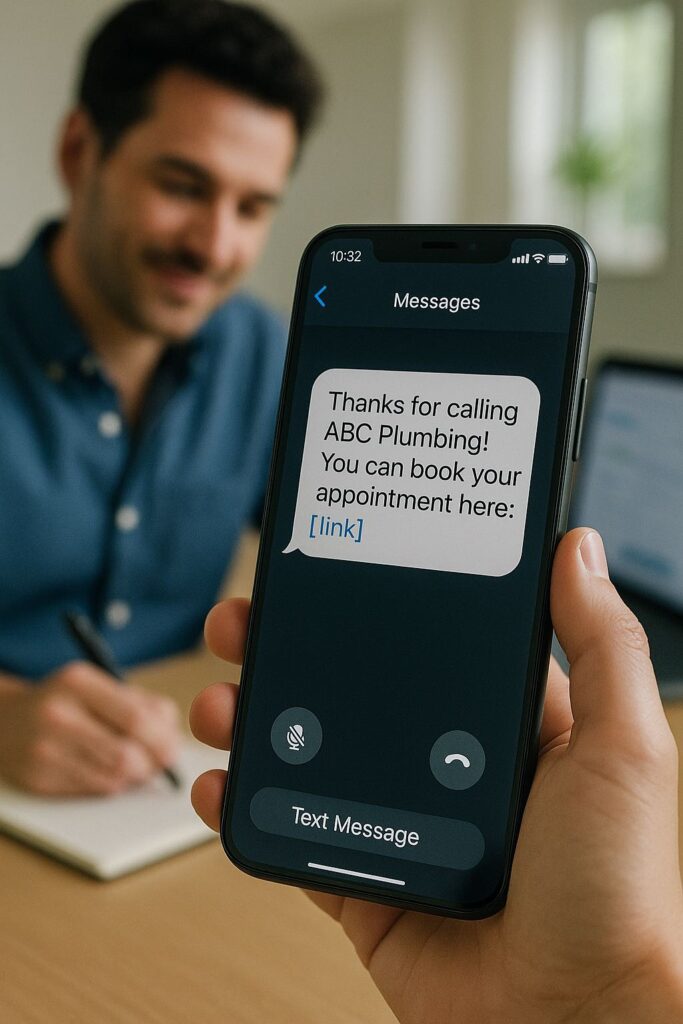
In the world of customer service, mastering the art of listening can mean the difference between resolving a conflict and escalating it. Jiu-Jitsu, a martial art focused on strategy, control, and adaptability, offers valuable lessons that can help customer service agents become better listeners and problem-solvers. At Call Care Pro, we believe that these principles can be applied to enhance customer interactions and build stronger relationships.
The Power of Adaptability
Jiu-Jitsu fighters must constantly adapt to their opponent’s movements, anticipating their next move while staying flexible in their approach. In customer service, adaptability means understanding that every customer has unique needs and adjusting communication strategies accordingly. By listening closely and responding thoughtfully, agents can provide tailored solutions that leave customers satisfied.
Adaptability also involves recognizing non-verbal cues, such as tone and pace, which can indicate a customer’s emotional state. A skilled agent can adjust their approach, slowing down when a customer is frustrated or maintaining a more upbeat tone when a customer is disengaged. The key is to remain fluid and open to adjusting strategies as the conversation progresses.
Active Listening as a Defensive Strategy
In Jiu-Jitsu, defense is just as important as offense. Similarly, in customer service, listening is a powerful defensive tool that prevents misunderstandings and defuses tension. Active listening involves focusing fully on the customer, acknowledging their concerns, and repeating key points to show understanding. Phrases like “I hear what you’re saying” or “Let me make sure I understand correctly” can validate the customer’s feelings and help guide the conversation toward resolution.
Beyond simply hearing words, active listening requires demonstrating genuine interest in the customer’s concerns. Agents should avoid interrupting and instead use cues such as nodding or brief verbal affirmations to show they are engaged. Writing down key points during a conversation also helps ensure that important details are not missed, allowing for a more thorough and accurate resolution.
Controlling the Flow of the Conversation
A Jiu-Jitsu expert knows how to control a fight without aggression, using leverage and positioning to maintain an advantage. In customer service, agents can guide conversations by remaining calm, steering discussions with open-ended questions, and keeping interactions solution-oriented. Maintaining control through structured yet empathetic communication prevents calls from becoming chaotic and unproductive.
Control does not mean dominating the conversation but rather steering it in a way that leads to resolution. When a customer is venting, an agent should allow them to express their frustration before gently redirecting the conversation towards solutions. Phrases like “Let’s see how we can resolve this together” can shift the focus from problem to solution, ensuring that the interaction remains productive.
Using Customer Energy to Find Solutions
Jiu-Jitsu teaches practitioners to use an opponent’s energy against them, redirecting force rather than resisting it head-on. In customer interactions, this translates to acknowledging frustration without feeding into negativity. Instead of pushing back against an upset caller, agents can redirect the conversation by focusing on problem-solving and offering actionable solutions.
A good technique is to mirror the customer’s concerns in a way that transforms their frustration into an opportunity for resolution. For example, instead of responding with “That’s not possible,” an agent can say, “I see why that would be frustrating; let’s explore some possible solutions.” This strategy helps customers feel heard while keeping the conversation constructive.
The Importance of Patience and Precision
Jiu-Jitsu is a game of patience—waiting for the right moment to act can make all the difference. Similarly, patience in customer service allows agents to fully understand an issue before providing a solution. Rushing through conversations can lead to miscommunication, while a measured, thoughtful approach builds trust and ensures accurate assistance.
Patience also involves knowing when to pause. Silence, when used effectively, can encourage customers to share additional details that might be crucial to resolving their issue. Additionally, patience prevents emotional reactions from taking over, ensuring that the agent remains professional and composed even in difficult situations.
Precision in responses is equally important. Providing clear, concise, and accurate information ensures that customers leave the conversation with a solid understanding of the next steps. Overloading a customer with unnecessary details can be overwhelming, so an agent must focus on delivering information that is relevant and helpful.
The Role of Emotional Intelligence in Tactical Listening
In both Jiu-Jitsu and customer service, emotional intelligence plays a crucial role. Being able to read a situation, understand emotional cues, and respond appropriately can make interactions more effective. High emotional intelligence allows customer service agents to navigate difficult conversations without escalating tension.
Developing emotional intelligence involves practicing self-awareness, empathy, and emotional regulation. Agents who can recognize their own emotional triggers are better equipped to handle difficult customers without becoming reactive. Training in emotional intelligence can help customer service teams remain calm under pressure and create more positive customer experiences.

Training for Tactical Listening Success
Just as Jiu-Jitsu practitioners dedicate time to training and refining their techniques, customer service agents must practice and improve their listening skills. Role-playing exercises, call reviews, and feedback sessions can help agents identify areas for improvement and develop stronger listening habits.
Encouraging agents to listen to past interactions can be particularly helpful in understanding common customer pain points and refining response strategies. Additionally, investing in training programs focused on active listening and de-escalation techniques can significantly improve overall customer satisfaction rates.
Conclusion: Mastering Tactical Listening
By incorporating Jiu-Jitsu-inspired listening techniques, customer service professionals can become more effective at handling inquiries, defusing tense situations, and guiding conversations toward positive outcomes. The key takeaways include:
- Adaptability: Adjusting communication strategies based on customer needs.
- Active Listening: Engaging fully and demonstrating understanding.
- Controlling the Flow: Guiding conversations productively and empathetically.
- Redirecting Energy: Acknowledging frustration while shifting toward solutions.
- Patience and Precision: Taking the time to understand issues and providing clear responses.
- Emotional Intelligence: Recognizing emotional cues and responding appropriately.
At Call Care Pro, we emphasize the value of active listening, adaptability, and strategic communication to create outstanding customer experiences. With the right training and mindset, customer service agents can navigate even the most challenging interactions with skill and confidence.
Want to improve your team’s customer service skills? Contact Call Care Pro today!

